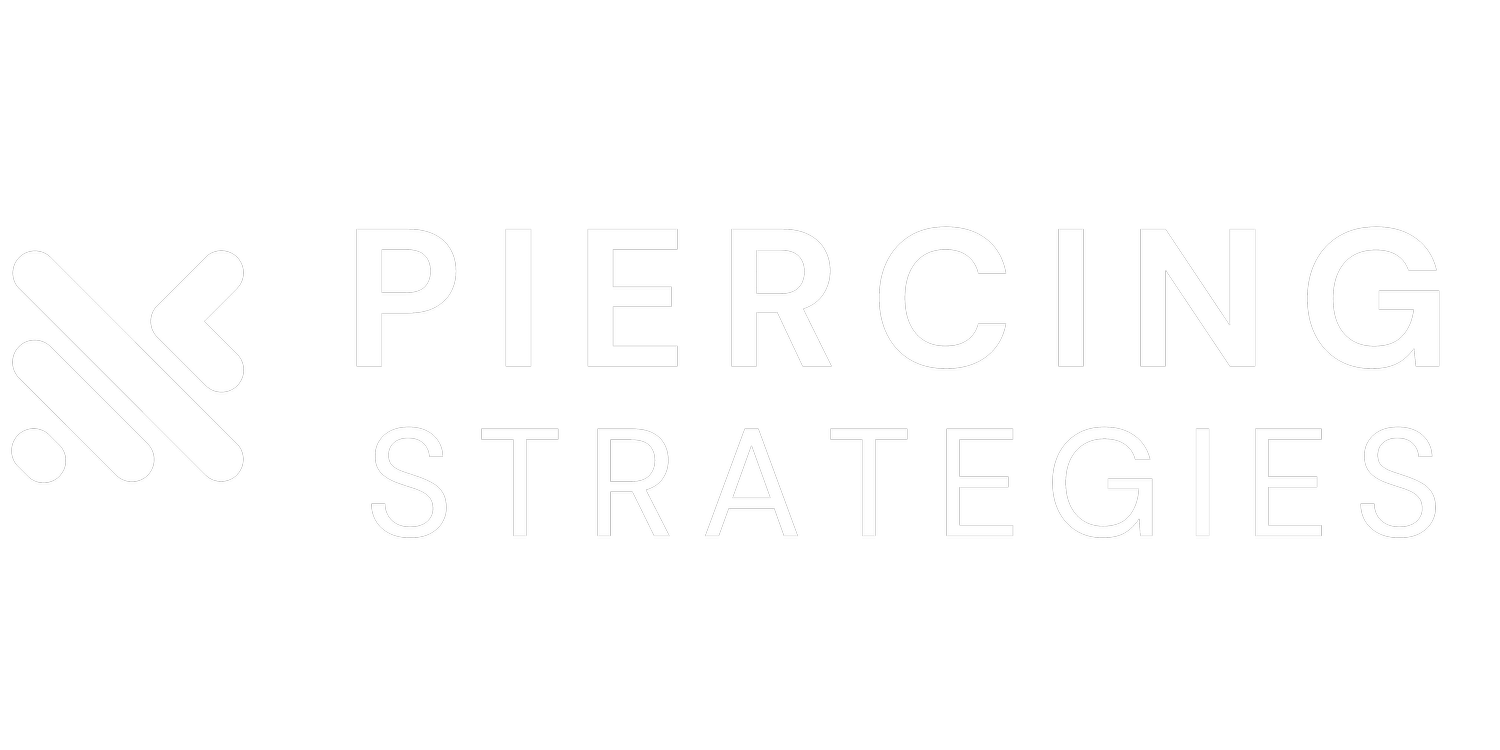The Hidden Gap in Management: Why Performance Management Training is Critical for All Leaders
Effective performance management is essential in the fast-paced world of modern business. Yet, a recent program we conducted with managers across various experience levels revealed a startling truth: both new and seasoned leaders often lack the necessary skills and tools to excel in this critical area.
Our recent collaboration with a client transitioning a new platform for performance reviews brought this issue into sharp focus. As we developed a complementary performance management program, we discovered that managers across the board - from newly promoted team leads to veterans with decades of experience - expressed similar concerns and knowledge gaps.
The challenges centered around three key areas:
1. Setting meaningful and actionable goals
2. Clearly communicating expectations
3. Providing effective, growth-oriented feedback
These findings underscore a crucial point: the ability to manage performance effectively is not an innate skill, nor is it one that naturally develops with general management experience. It requires specific training and tools.
The repercussions of this skills gap are significant. Without proper performance management:
- Teams lack clear direction, leading to misaligned efforts and wasted resources
- Employees feel uncertain about their standing and progress, impacting motivation and engagement
- Opportunities for growth and improvement are missed, stunting both individual and organizational development
Moreover, in an era where employee expectations are evolving rapidly, the inability to provide clear goals, expectations, and feedback can lead to increased turnover and difficulty in attracting top talent.
To address these challenges, we developed a targeted half-day workshop focusing on three critical areas:
1. Excelling at goal setting: Managers learned how to create SMART goals that are not just measurable but truly inspiring and aligned with broader organizational objectives.
2. Establishing clear expectations: Participants practiced techniques for communicating expectations in a way that leaves no room for ambiguity while fostering a sense of ownership and accountability.
3. Providing effective feedback: We introduced a model for giving constructive, actionable feedback and helped managers build confidence in having these crucial conversations.
The workshop incorporated hands-on exercises, allowing managers to practice these skills in a supportive environment. The result? Managers left feeling more confident and equipped to drive performance in their teams.
Our experience highlighted several important lessons:
1. Performance management is a learned skill: It requires specific training, regardless of a manager's general experience level.
2. One-size-fits-all approaches fall short: Effective training needs to address the nuanced challenges faced by both new and experienced managers.
3. Practical tools make a difference: Managers benefit greatly from having concrete frameworks and templates they can apply immediately in their day-to-day work.
4. Ongoing support is crucial: A one-time workshop is a great start, but creating a culture of effective performance management requires continuous reinforcement and practice.
As organizations continue to evolve and adapt to new ways of working, the need for effective performance management will only grow. By investing in targeted training and tools for managers at all levels, companies can create a more engaged, aligned, and high-performing workforce.
The question for leaders to consider is not whether they can afford to invest in performance management training, but whether they can afford not to. In our experience, the return on this investment - in terms of improved team performance, employee satisfaction, and organizational alignment - is substantial and long-lasting.
What steps is your organization taking to equip managers with these critical skills? The future success of your teams may well depend on it.
Interested in learning more about how we can help your managers excel at performance management? Let's connect and discuss how we can tailor a program to your organization's unique needs.
